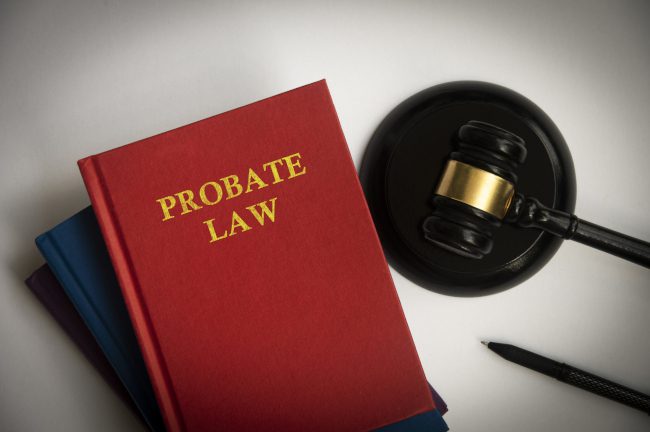Probate is a court-supervised proceeding where the assets of a decedent are officially distributed to their heirs. The probate process generally involves validating the decedent’s will, distributing the assets included in the estate, and making sure the estate’s debts get paid.
Depending on the situation, the probate process can be lengthy and complex or relatively quick and efficient. Every state has its own probate code, and some states even have a minor probate process for estates that remain under a certain threshold. During probate, the administration of the estate involves the estate’s beneficiaries, the executor, the creditors involved with the estate, and a probate judge.
Probate law only applies when a decedent’s assets are not already accounted for through trust law, state titling law, or contract law. Because of this, if you do not have a will, any assets or property you own will likely be distributed through the probate process. Some of the property that typically passes through the probate process includes cars, personal property owned at death, and household goods.
During probate, the process typically involves producing a will and a death certificate. After the will is proven valid, the estate’s executor and the probate attorney will file needed court documentation. This could include a list of known creditors and hairs. The creditors are typically paid first, and then, any remaining assets go to the heirs. The executor can then ask for the court to close the estate after any required tax returns get filed.
If you have any questions about the probate process, talk to a probate attorney. We can help you learn more about this process – contact our law firm today to speak with one of our representatives.

